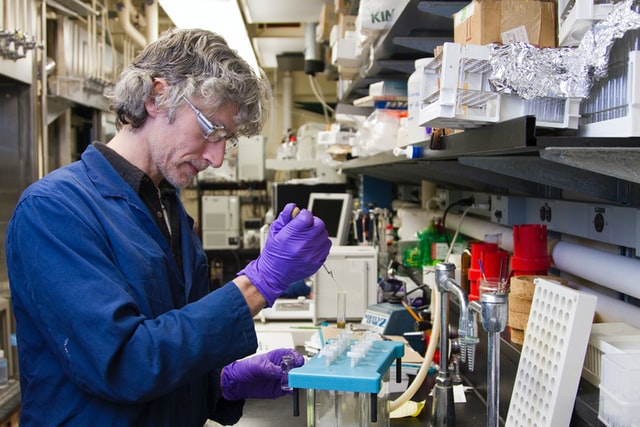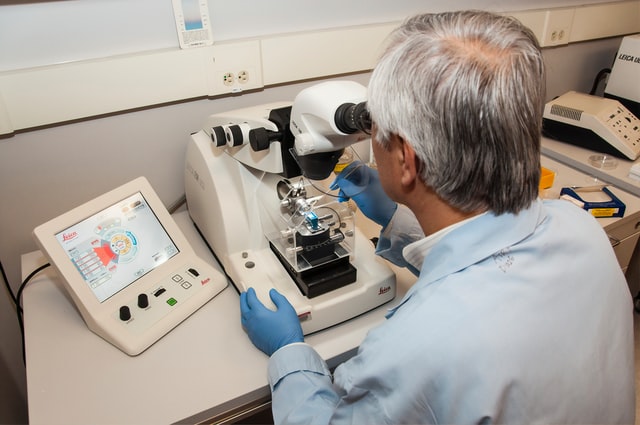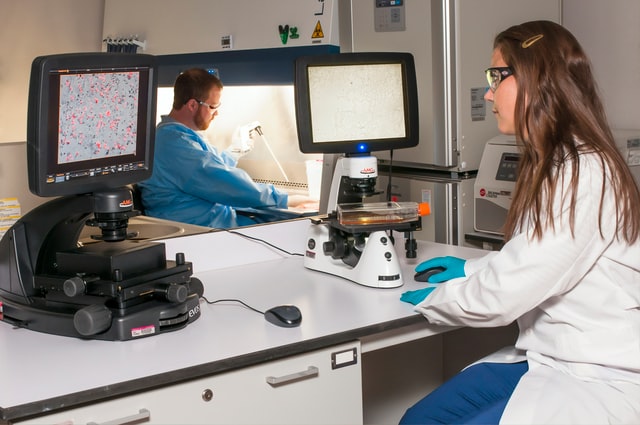Imagine a world where diseases like cancer, heart disease and diabetes could be treated using stem cells. This is the future of medicine, and stem cell research is making it possible. Stem cells have the ability to turn into any type of cell in the body, which means they can be used to treat a variety of diseases. In addition, stem cells can be used to replace damaged or diseased tissue, which is why they are so important for transplant procedures.
What are stem cells and their functionality?
Stem cells are a special type of cell that has the ability to develop into many different types of cells in the body. They are an important part of the body’s repair system and can be used to treat a wide variety of diseases and injuries.
Stem cell research is so important because it holds the promise of finding new ways to treat, cure, and even prevent some diseases including cancer and heart disease. For example, stem cells can be used to create new tissue to repair damaged organs or nerves. They can also be used in transplants to replace damaged or destroyed cells with healthy ones. In addition, stem cells may one day be used to create artificial organs or limbs.
The potential uses for stem cells are endless, which is why stem cell research is one of the most exciting and potentially revolutionary areas of medicine today. With each new discovery, we inch closer to being able to truly harness the power of these amazing cells.

How can stem cell research help us cure diseases?
Stem cell research is important because it can help us to develop new treatments, transplant organs, and even cure diseases. sticky label maker by extracting stem cells from a patient’s own body, we can create new tissue that is identical to the patient’s own tissue. This means that there is no risk of rejection when the tissue is transplanted back into the patient. In addition, stem cell research can help us to develop new treatments for diseases including Parkinson’s disease. By studying the effects of stem cells on diseased tissue, we can learn more about how the disease develops and how to treat it.
Finally, stem cell research may one day help us to cure more diseases. By understanding how stem cells work, we may be able to find a way to repair damaged tissue or even regenerate new tissue. As a result, the research holds great promise for improving our health and quality of life.
What are some of the ethical concerns around stem cell research?
One of the most promising and controversial areas of medical research is stem cell research. Stem cells are a type of cell that has the ability to develop into many different types of cells, and they hold the promise of being able to treat a wide variety of diseases. However, stem cell research is also fraught with ethical concerns. One of the main concerns is that the process of harvesting stem cells often involves destroying human embryos. Another concern is that stem cell research could lead to the creation of designer babies, or babies that are genetically engineered to have certain characteristics. Despite these concerns, many scientists believe that stem cell research is essential in order to develop new treatments for diseases such as blood cancer and heart attack.
Are there any risks associated with cell therapy?
Stem cell research is important because it offers the potential to develop new treatments and cures for a variety of diseases. However, there are also risks associated with stem cell therapy. One of the main risks is that the stem cells may not be compatible with the patient’s body, which could lead to rejection or transplant failure. Additionally, there is a risk that the stem cells could turn into cancerous cells. Finally, there is always the possibility that the treatment may not be effective and could cause more harm than good. While these risks are real, they should not deter patients from considering stem cell therapy as a potential treatment option. With further research and development, the risks associated with stem cell therapy will likely be reduced, making it a more safe and effective treatment option for patients with a variety of diseases.

How will cell research impact our lives?
The potential of stem cells is absolutely vast. They have the ability to grow into any type of cell in the human body, which means that they hold the key to treating a wide range of diseases. In the future, stem cell therapies could be used to treat everything from brain cancer to liver disease. In fact, stem cell research is already being used to develop treatments and cures for a variety of conditions. For example, stem cells are currently being used to create transplant tissues and organs. In the future, it is possible that stem cell therapies will be able to completely cure certain diseases. This would be an absolutely incredible development, as it would mean that diseases like male Infertility would no longer be a threat to humanity.
Despite the immense potential of stem cells, there are still many challenges that need to be overcome before their full therapeutic potential can be realized. However, with continued research and development, it is only a matter of time until stem cells revolutionize medicine as we know it.
The potential for stem cell therapy is enormous. It could help us cure diseases that have been incurable until now, it could improve our health and quality of life, and it could even help us find a way to reverse the effects of aging. While there are some risks associated with stem cell research, these appear to be minimal when compared to the potential benefits. The future looks very bright for stem cell therapy and we can expect great things from this field in the years to come.

